AUA member universities are active in the fight against COVID-19 through organizing high level events,
developing new teaching and learning innovations, and conducting advanced research.
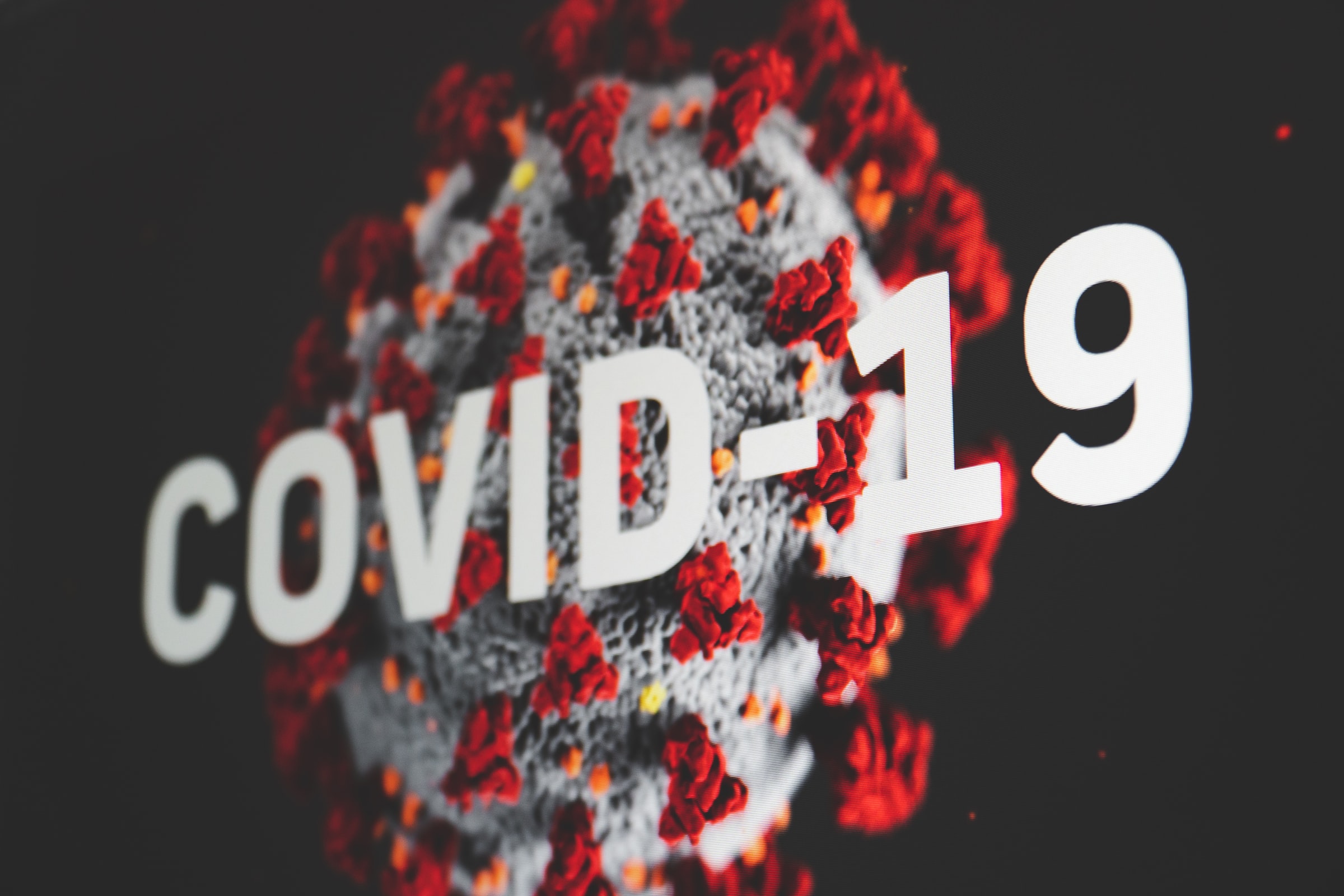
Photo by Martin Sanchez on Unsplash
A message from AUA President Prof. QIU Yong
The beginning of the new decade in 2020 brought with it an unprecedented threat to global public health, as well as higher education and academic mobility, due to the outbreak of COVID-19. In light of this global challenge, the role of AUA is more important now than ever. Universities have a responsibility to ensure the wellbeing of the students, faculty, staff and the surrounding community, maintain the standard of education and advance research during this public health emergency. As an Alliance built on the pillars of collaboration and partnership, AUA is well placed to address these mutual challenges through joint efforts for the benefit of all members, as well as the global higher education community and the societies which we serve.
Our current practices of collaboration in higher education may transform in the aftermath of the global pandemic. AUA will be equipped to adapt to the changes ahead, with each of us contributing a distinct and valuable set of strengths. Combining and integrating the interdisciplinary skillsets of each member university is a necessary and important means to mitigate the impact of COVID-19, and achieve advanced innovative outcomes for the region. Even in the face of adversity, the collective strength and spirit of our members will support AUA to grow stronger and stronger.
Prof. QIU Yong
AUA President
President, Tsinghua University
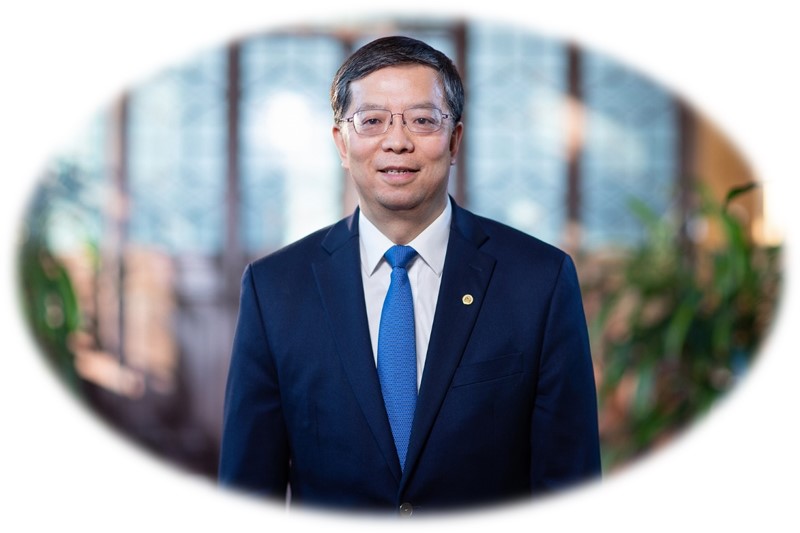
AUA Members' COVID-19 Information
Chulalongkorn University
The Hong Kong University of Science and Technology
Indian Institute of Technology Bombay
National University of Singapore
Nazarbayev University
Peking University
Seoul National University
Tsinghua University
United Arab Emirates University(collection of COVID-19 Research Newsletters)
Universitas Indonesia
Universiti Malaya
University of Colombo
The University of Tokyo
AUA Members' COVID-19 Events
Past Events
[IITB](1 August 2020) Webinar on R&D at IIT Bombay for COVID-19 mitigation
[IITB](14 June 2020) IIT Bombay During Pandemic & Way Forward (organized by IITB Heritage Foundation): Interview with IITB Director Prof. Subhasis Chaudhuri
View Prof. Chaudhuri's presentation
[UTokyo](2 June 2020) Tokyo College "Corona Forum" Online Event
[THU](27 March 2020) Online Forum on Universities Combating COVID-19
On 27 March 2020, AUA organized an online forum entitled "Universities Combating COVID-19", hosted by Tsinghua University.
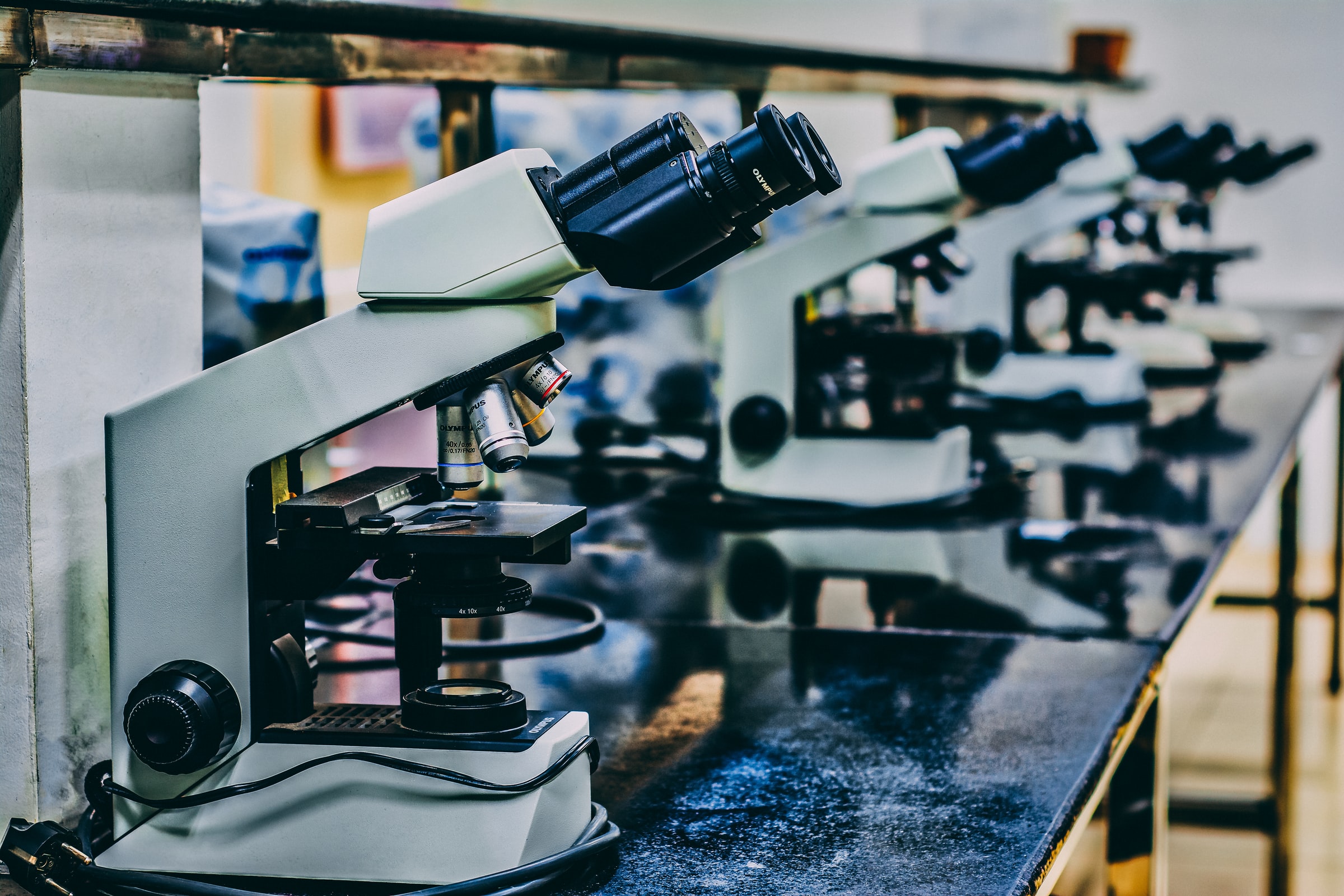
Breeze Fund
Tsinghua University (THU) has recently set up the 'Breeze Fund' to encourage and support its faculty to initiate joint research on COVID-19 with international partners. The research areas may include but are not limited to COVID-19-related clinical treatments, medicines, vaccines, testing technologies and products, virology and epidemiology, animal models, mental health, bio-safety, public health and emergency response systems, etc. Please note, the research grant provided by THU can be used only to cover expenses of international travel to China and research-related fees incurred in China.
Interested researchers from AUA universities are encouraged to contact potential THU collaborators directly or through their related department websites. The applications shall be submitted by THU faculty to the THU Institute of Scientific Research Development by 30 September 30 2020. Therefore, collaborations should be confirmed before the aforementioned date. Applications with matching funds will be preferred.
AUA members are equipped to adapt to the changes brought about by COVID-19. Each member possesses a distinct and valuable set of strengths which they are utilizing to advance research in several vital areas such as diagnosis and treatment, vaccine development and social and economic impact. The interdisciplinary skillsets and contributions of each member university are a necessary and important means to combat the disease and mitigate the impact across the Asian region and the world. Below are some highlights of the research achievements of AUA member universities thus far.
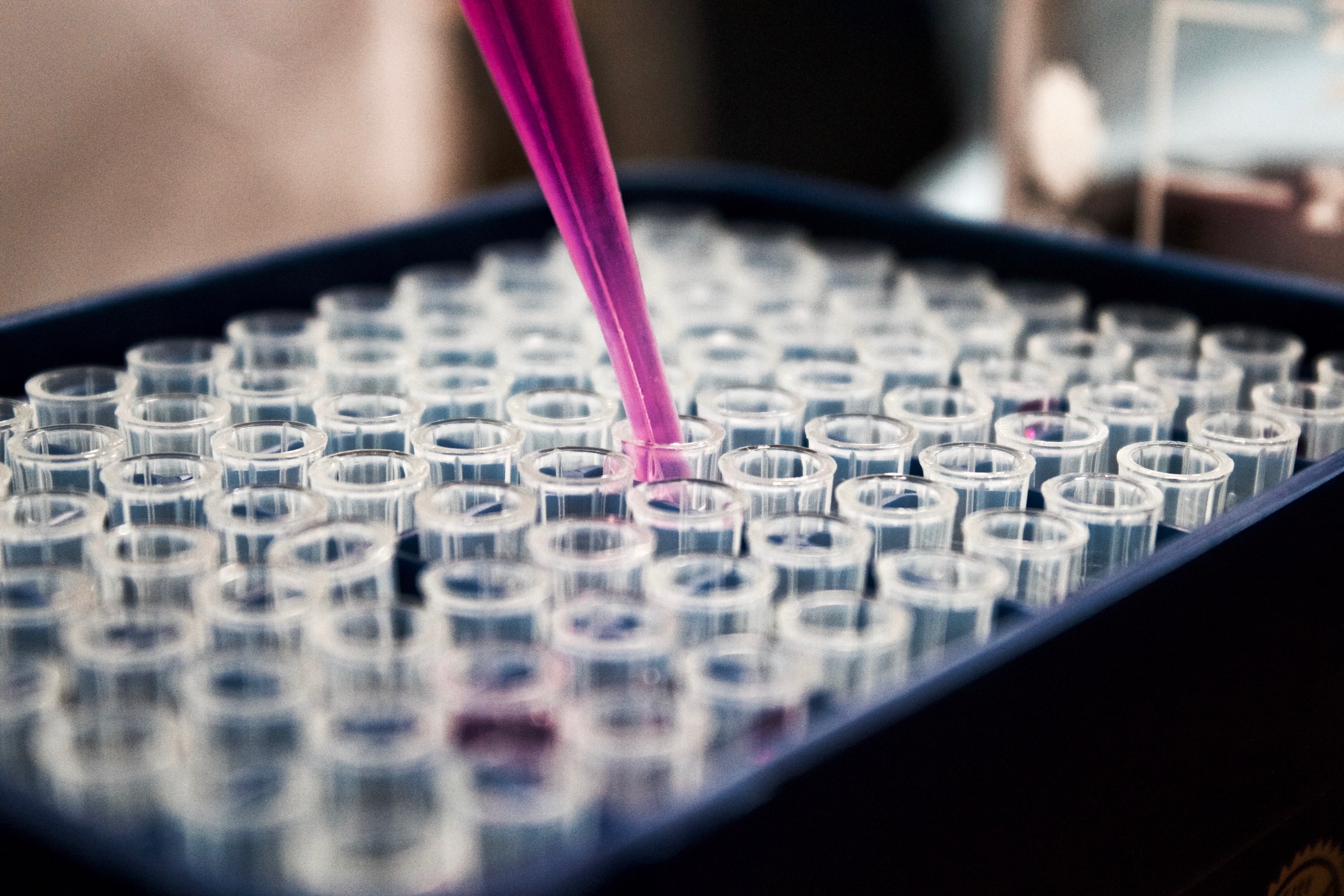
Photo by Louis Reed on Unsplash
General Research
[HKUST] HKUST's All-Round Efforts to help Fight COVID-19 Pandemic
[IITB] IITB Industrial Research & Consultancy Center
Various groups of researchers at Indian Institute of Technology Bombay have initiated projects both short term and long term, to work on areas for COVID-19 mitigation. Some of these have been funded internally to work towards seeking immediate solutions and / or proof of concept and some have already been funded by Government of India towards addressing COVID-19 related issues.
[NUS] The latest in the fight against COVID-19
[THU] Tsinghua University's COVID-19 Research
[UAEU] COVID-19 Research Newsletters
Prevention and Mitigation
[HKUST] HKUST Researchers Develop a Smart Fever Screening System Offering a More Efficient Solution to Safeguarding Public Health
Researchers from The Hong Kong University of Science and Technology (HKUST) have developed a novel Smart Fever Screening System (SFSS), which could help officials at the border points to easily identify and distinguish passengers with fever. The system has been implemented at various control points, government facilities and the University in the fight against Covid-19.
[IITB] What influences coronaviruses' survival on different surfaces?
Researchers find how temperature, humidity and properties of different surfaces influence the evaporation rates of respiratory droplets infected with COVID-19.
Diagnosis and Treatment
[CU] Proteolytic Enzymes for Covid-19 Studied in 3D for the First Time in Thailand by Chula Biochemists
A team of biochemists from Chulalongkorn University became the first researchers in Thailand to study proteolytic enzymes for the Covid–19 virus at a molecular level in 3D, possibly leading to the development of Covid–19 treatments.
[CU] CU Engineering Grad Student Shares on the Development of Robots for Hospital Use During COVID-19 Outbreak
Since the first report of coronavirus cases in Thailand, medical professionals have been working around the clock to fight the global pandemic, often facing shortages of health care members. Technology and innovation took the front seat in aiding medical staff to work more efficiently, while keeping themselves safe from being infected with COVID-19.
[NU] Kazakhstanis can determine the probability of COVID-19 infection using a test
Nazarbayev University graduates have developed a "smart" test to estimate the probability of COVID-19 infection, which is now available for everyone to take at home.
[NUS] Automated blood oxygen monitoring system to boost COVID-19 fight
As part of the ongoing efforts to combat the coronavirus, Temasek Foundation brought together NUS, National University Hospital (NUH) and Singapore General Hospital (SGH) to develop an open-sourced system that wirelessly collects measurements of oxygen levels taken from Bluetooth-enabled pulse oximeters, and presents the data neatly on a dashboard.
[THU] THU research team finds powerful antibodies against COVID-19 virus
The team led by Prof. Zhang Linqi from Tsinghua University's School of Medicine and Prof. Zhang Zheng from Shenzhen Third People's Hospital have just reported their successful isolation of 206 monoclonal antibodies from 8 COVID-19 patients. Some of these antibodies demonstrated highly potent neutralizing activity against live COVID-19 virus. These antibodies represent promising candidates for clinical interventions against COVID-19 virus.
[THU] THU researchers develop a box of instant nucleic acid screening for COVID-19
Researchers from Tsinghua University have developed a Box of Instant Nucleic Acid Screening (BINAS) for COVID-19 diagnostics that may be suitably adapted for fast COVID-19 screening at population level, and provides low-cost testing which can be performed by almost anyone at home. The invention is a joint effort led by Prof. Bai Jingwei and Prof. Li Yinqing from the School of Pharmaceutical Sciences and Prof. Liu Peng from the School of Medicine.
[UoC] Faculty of Medicine student brings innovative portable CPR Machine
[UoC] Virtual Screening of Inhibitors Against Spike Glycoprotein of 2019 Novel Corona Virus: a Drug Repurposing Approach
A homology model of the receptor binding domain (RBD) of 2019-n CoV spike protein that is reasonably acceptable for drug screening was prepared using a high resolution crystal structure of SARS corona virus (SARS CoV) spike protein.
[UTokyo] Genetic study reveals similarities and differences of COVID-19 and SARS viruses
Researchers have identified specific portions of the genetic codes of the COVID-19 and SARS viruses that may promote the viruses' lifecycles. The new technique is researchers' first tool for determining what genetic sequences stored as RNA - DNA's chemical cousin - are more stable.
[UTokyo] Cats can infect other cats with virus that causes COVID-19
Three cats infected with the virus that causes COVID-19 spread the virus to three other cats in a lab study published in The New England Journal of Medicine by a research team working in Tokyo, Japan, and Wisconsin, USA.
Vaccine Development
[CU] Pfizer breakthrough boosts Thai project
[CU] GPO ready for industrial vaccine production
The Government Pharmaceutical Organisation (GPO) has announced progress in the development of three Thai Covid-19 vaccines, with results expected by the end of 2020 and a plant in Saraburi standing ready to begin manufacturing the successful candidate. GPO director general Dr Witoon Danwiboon on Monday (June 1) revealed that his organisation was funding development of two types of vaccines against Covid-19 – a virus-like particle vaccine developed by the Siriraj Hospital's Faculty of Medicine, Mahidol University; and a sub-unit vaccine developed by the Faculty of Pharmacy, Chulalongkorn University.
[HKUST] COVIDep development
COVIDep is developed and maintained by the Signal Processing & Computational Biology Lab ( SPCB ) at the Hong Kong University of Science and Technology (HKUST). COVIDep aims to provide real-time potential vaccine targets for SARS-CoV-2. It screens the SARS-derived B cell and T cell epitopes (available at VIPR/IEDB) and identifies those which are highly conserved within the available SARS-CoV-2 sequences (continuing to be deposited at GISAID).
[THU] THU research team reveals the structural basis for the cell entry of the 2019 novel coronavirus
On March 30th 2020, a research paper entitled "Structure of the SARS-CoV-2 spike receptor-binding domain bound to the ACE2 receptor" was published online in Nature as "Accelerated Article Preview" by the groups of Prof. Xinquan Wang at the School of Life Sciences and Prof. Linqi Zhang at the School of Medicine, Tsinghua University. This study reported the crystal structure of the SARS-CoV-2 spike receptor-binding domain (RBD) in complex with the human cell receptor ACE2 at a resolution of 2.45 angstrom. By precisely elucidating the interactions between RBD and ACE2, this study revealed the structural basis for the recognition of SARS-CoV-2 by ACE2 and provided important structural knowledge for the development of antibodies and vaccines against the COVID-19 pandemic.
Public Health Management
[SNU] Information Technology–Based Tracing Strategy in Response to COVID-19 in South Korea—Privacy Controversies
South Korea extensively utilized the country's advanced information technology (IT) system for tracing individuals suspected to be infected or who had been in contact with an infected person. Such measures helped flatten the curve of newly confirmed cases and deaths around mid-March. As of April 21, 2020, there had been 10683 confirmed cases of COVID-19 in South Korea, with a total of 2233 patients who are in isolation because of hospitalization or quarantine, and a total of 237 deaths. However, important concerns have been raised over privacy involving the tracing strategy.
[UTokyo] UTokyo joins COVID-19 data exchange
The Data Co-Creation Working Group at the University of Tokyo has joined the COVID-19 Data Exchange pro bono initiative launched by leading data exchange technology firm Dawex. The aim is to provide researchers and public or private organizations who tackle COVID-19 and its consequences with a free, intuitive, globally connected information system to share and exchange data. The COVID-19 Data Exchange platform has recently gone live.
There has been an unprecedented threat to Asian and global higher education as a result of the COVID-19 outbreak and it's impact on traditional classroom based learning as well as academic mobility. In light of this, the role of AUA is more important now than ever. Universities are required to maintain the standard of education through the new modes of online and hybrid learning, and create and adapt to new ways of teaching in order to ensure students' learning outcomes remain on par with before. AUA member universities have been developing new and innovative teaching and learning initiatives to address the current challenges in order to benefit their students, faculty and staff. Read on below to find out more about these initiatives.
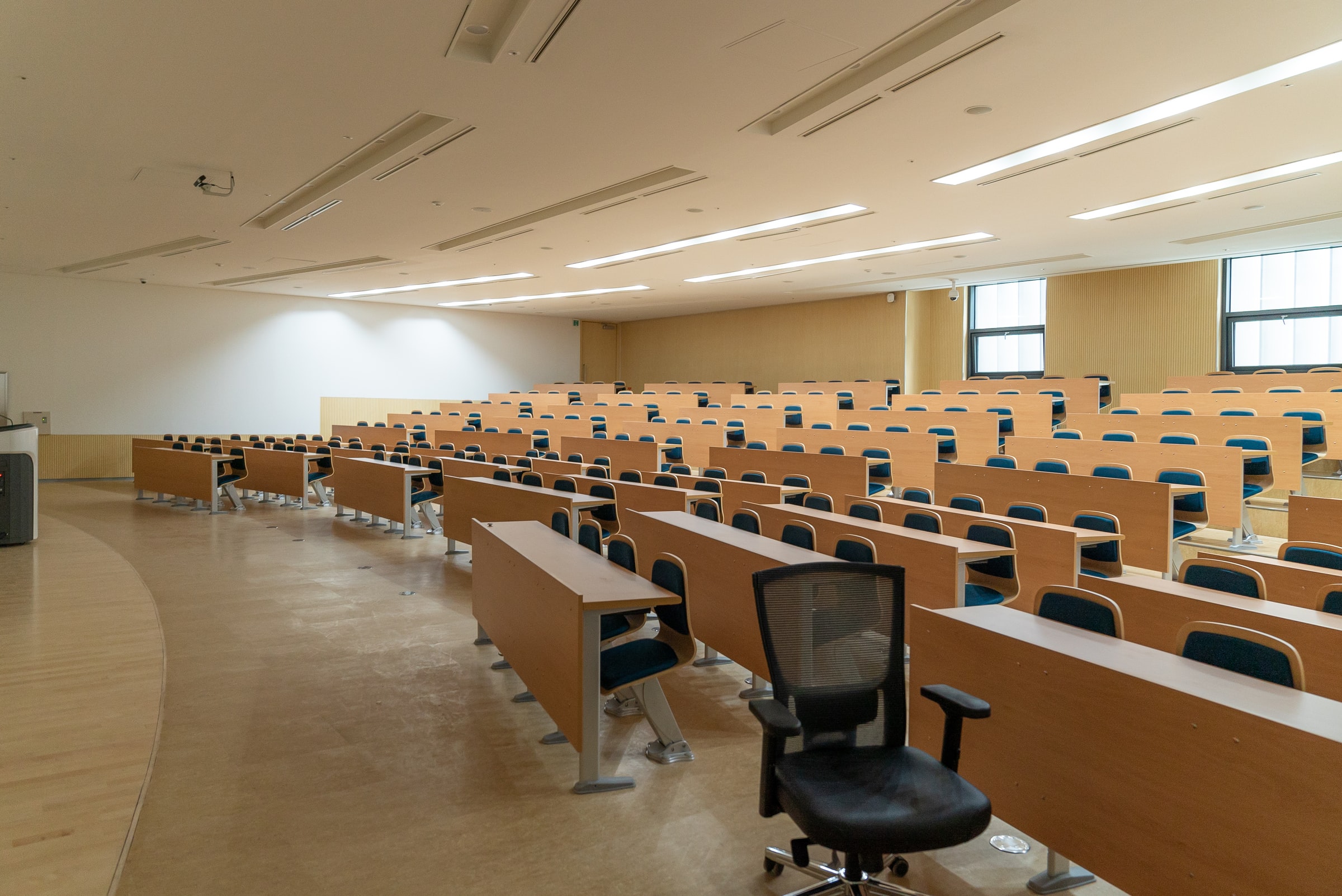
Photo by Changbok Ko on Unsplash
Admissions
[NU] About Admission in the Context of Quarantine
Aizhamal Zhazykpayeva, the Director of the Admissions Department of Nazarbayev University, talked about the changes the student admission and recruitment process had in the context of the emergency and also shared with us preliminary admission results of the current year.
Educational Technology
[PKU] Peking University's CARSI sees 25-fold increase of users since joining eduGAIN
CARSI focuses on building an authentication and authorization infrastructure for educational institutions and users so that web resources developed by universities or deployed on internet can be visited by university faculty and students easily.
Free Online Courses
[THU] THU launches free online course on "Drug Discovery in Prevention and Treatment of COVID-19"
In order to provide information about virus detection and our ways of fighting against the ongoing outbreak, faculty in the School of Pharmaceutical Sciences at Tsinghua University, partnering with the Global Health Drug Discovery Institute (GHDDI), have been rapidly organizing to set up a MOOC – Drug Discovery in Prevention and Treatment of COVID-19.
Click here for Course Registration
[THU] THU offers free tutorial courses on "Shifting Your Teaching Online"
Click here for Course Registration
[UTokyo] UTokyo Participation in edX and Coursera's Special Assistance Program against COVID-19
Laboratory Activities
[UTokyo] Checklist for Resumption of Laboratory Activities
Click here to view(Excel file)
Learning Hubs
[NU] Innovative Learning Hub and Distance Learning at Nazarbayev University
The Innovative Learning Hub, a unit under the direction of the Office of the Provost, is an open space platform that provides resources and support to develop innovative approaches to learning and teaching for NU faculty. Also, the Hub offers multimedia guidance on how to design courses, teach and assess in online and blended modes.
Online Education
[THU] Online Education Special Dialogue: Keypoints and Reflections
A special dialogue co-organized by THU and UNESCO explored the challenges facing higher education during the COVID-19 pandemic and shared university case studies, best practice, and experience in online education.
Key points and Reflections (Part I)
Key points and Reflections (Part 2)
[THU]THU Online Education Weekly Newsletters
Public Health Initiatives
[UTokyo] To the front lines of public health
UTokyo experts assist public health centers and hospitals with COVID-19 response.
Student, Faculty and Staff Support
[NUS] CAFÉ sessions for FASS e-learning journey
Lecturers all over the world have been grappling with how to deliver quality classes in virtual space without compromising on the quality of student experience. To help with this issue, a group of NUS Arts and Social Sciences (FASS) instructors has started a series of sharing sessions aimed to help colleagues move their classes online more effectively.
[UTokyo] Understanding Psychological Responses to Stress – for UTokyo Faculty and Staff members